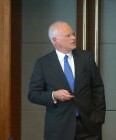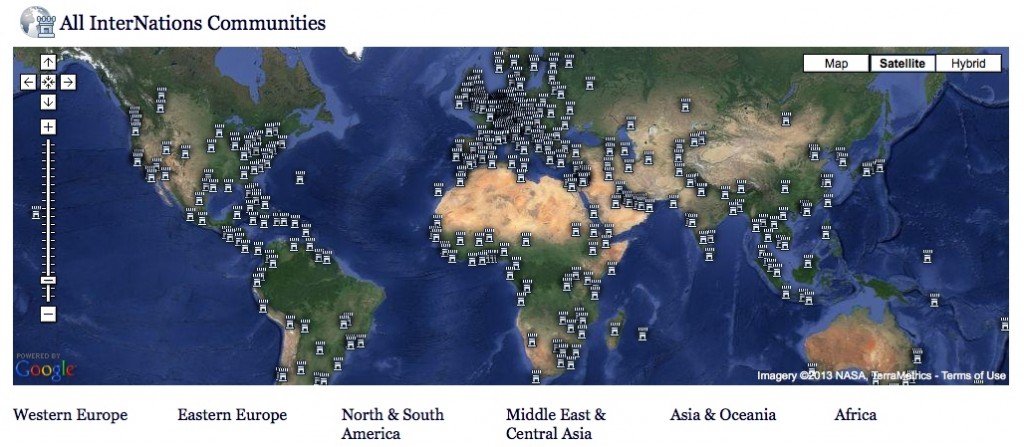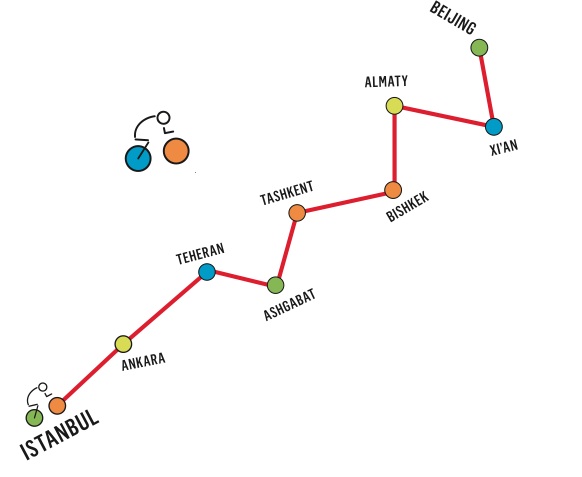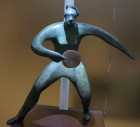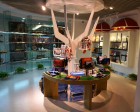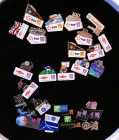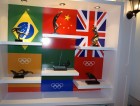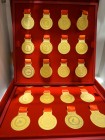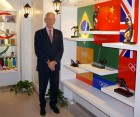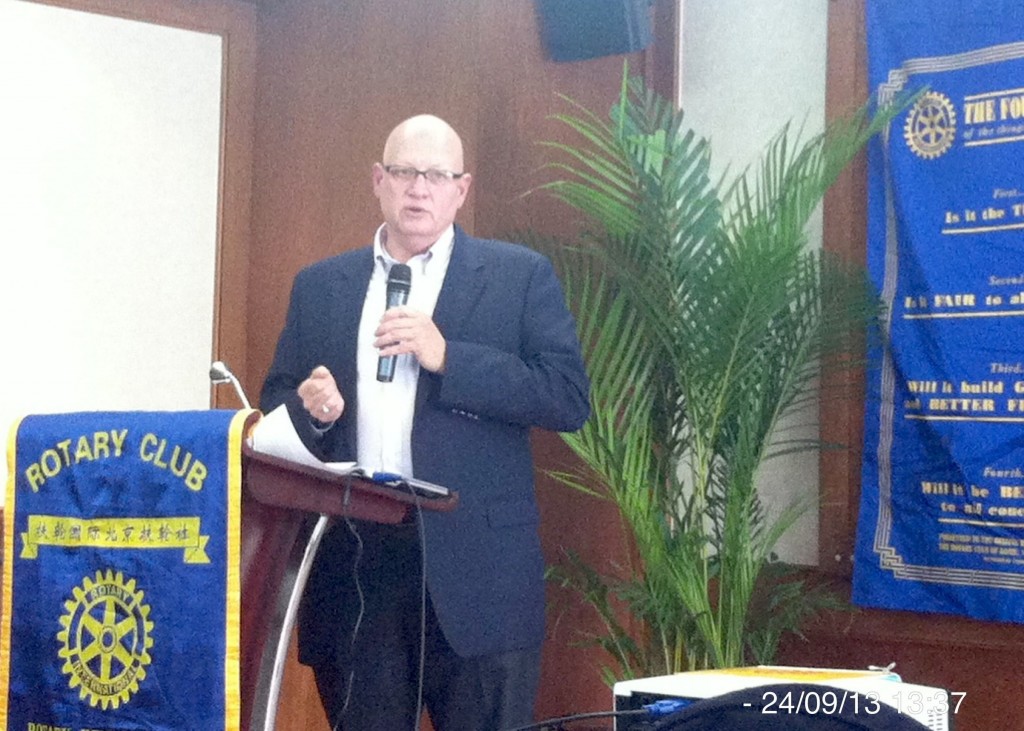Author van Someren, from The Netherlands, was the speaker on 8 October in our Beijing Rotary Club. His speech was pretty interesting and received a lot of attention from our members.
Prof. Dr Taco van Someren is the founder of Ynnovate, see see http://www.Ynnovate.com and this introduction:
“He is an expert in strategic innovation and China business development specialized in environment, energy and water sector. He is good at new business development and has an extended experience with cross cultural project management based on his international career at Rothmans International, KPMG, Ynnovate and Universities. He is professor on strategic innovation and sustainability in Chinese and Dutch universities.”
He introduced his book “Green China – Sustainable Growth in East and West”.
The book flyer presents it as follows:
- Intriguing ideas for dealing with Green China for managers, politicians and academics
- Unique insight in both Chinese and Western decision making on high level in government and corporations
- Focus on creation of competitive advantage while dealing with the new trend of green economy and creating new firms and industries
- Written by authors with experience in academia and industry in China and Europe
And:
“After the agricultural and industrial revolution, China is creating the third growth wave based on sustainability. This greening of the Chinese economy offers threats and opportunities for Western organizations. Getting a piece of this new cake requires strategic innovations in both policy and corporate strategy. Based on the theory of strategic innovation and their extensive practical experiences in doing business with China, the authors propose potential areas and activities for strategic innovation in the West in response to Green China.
As my own book “Toxic Capitalism” also addresses environmental issues (with a focus on the horrors of pollution of China), I listened with interest. His angle is more towards business. As I am a bit cynical on how the Chinese system works, I am still not sure what real opportunities exist for foreign companies and how much they can share of the cake. But for sure, sustainability is high on the Chinese agenda, as I explain in my book, and some foreign companies do have something to offer. See for example the whole story of urbanization, eco-cities and so on. All nice but… as I discussed today in the French Embassy, what in it for us? Companies involved in water treatment and related do have opportunities, just to give one example. But like the e-vehicles, as I commented today, once again foreigners are squeezed out of the real market, not to wonder why sales are not picking up – do not blame only the lack of charging stations.
Checking the price of his (printed) book, a bit on the high side. And a “Printed eBook” available only to apparently a very limited public (at €24.95, name your currency but the amount is always the same!) is also new for me. My e-book: just over US$3. So as a publisher, springer.com raise some questions on how they operate.
Prof. van Someren also co-published “Innovative China – Innovation Race Between East and West”, among other works.




